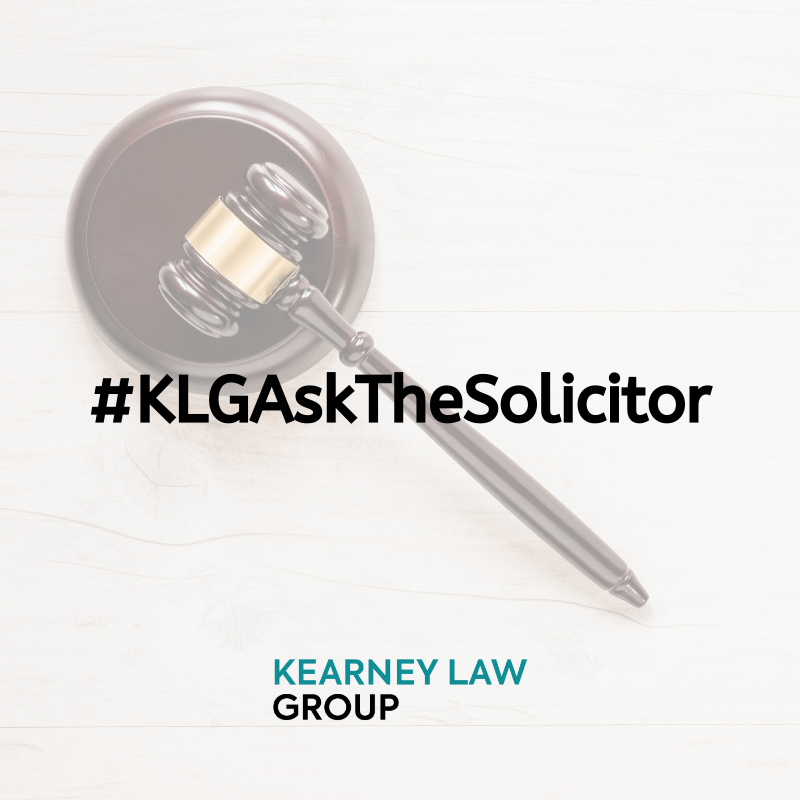
Fatal accident claims arise when someone loses their life because of the negligence or wrongful act of another person or body.
What circumstances could lead to a fatal accident claim?
There are many different circumstances that can lead to fatal accident claims, and the specific details of each case will vary depending on the individual circumstances involved. Some common examples of circumstances that can lead to fatal accident claims include:
Who can bring a claim for damages when a person is fatally injured in an accident?
This is determined by the provisions in the Fatal Accidents Northern Ireland Order 1977. Under the Fatal Accidents (Northern Ireland) Order 1977, the following people are entitled to bring a claim for compensation on behalf of the deceased:
What is the time limit for a claim?
Under the Fatal Accidents (Northern Ireland) Order 1977, a claim for compensation must be brought within three years of the date of the deceased's death. This period can be extended:
What damages can be claimed in a fatal accident claim?
If you are eligible to bring a claim under the Fatal Accidents (Northern Ireland) Order 1977, you may be able to claim compensation for the following:
Will an inquest be held?
An inquest is a legal process that is conducted by a coroner to establish the cause of a person's death. In Northern Ireland, an inquest must be held if the death was sudden, violent, or unexplained. Many fatal accident claims do involve inquests and this can be an important part of the process. The inquest may provide important evidence that can be used to support the claim, such as witness statements or medical reports. The outcome of the inquest may also help to establish liability for the death of a loved one.
It is important to note that the inquest process is separate from the compensation process, and a successful claim for compensation is not dependent on the outcome of the inquest. However, the evidence gathered during the inquest can be very helpful in establishing liability and proving the case for compensation.
What should I do if I have a fatal accident claim?
You should contact a solicitor who can advise you of your rights and who has experience in handling and litigating fatal accident claims. Once instructed, your solicitor will report the death to all the relevant authorities and begin to gather all the evidence necessary to bring a successful personal injury claim. They will also help you navigate what can be a complicated legal process. You should act as quickly as you can as cases can take some years to litigate to a successful conclusion.
How can Kearney Law help?
We appreciate that no amount of money can go anywhere near putting you and your family back to the position you would have been in prior to the fatal accident. What we can do is provide as much financial and other assistance as is possible to alleviate the burden of your loss. We will do everything in our power to ensure that you and your family are compensated fully and are provided for now and into the future. We have an expert team ready to deal with your claim and we will ensure you recover compensation for your loss, swiftly and professionally.
We only do personal injury law and are experts at it.
For further assistance please ring us at 02890 912 938 or email us on [email protected] or fill in our contact form
The content of this blog is provided for information purposes only and does not constitute legal or other advice. No solicitor/client relationship or duty of care or liability of any nature shall exist or arise between the Kearney Law Group and you and we refer you to our disclaimer on our website.
Scottish Provident Building,
7 Donegall Square West,
Belfast, BT1 6JH
TEL: 02890 912 938
Bishop Street Chambers,
26-28 Bishop Street,
Derry, BT48 6PR
TEL: 02871 362 299
Kearney Law Group specialises in legal services relating to Personal Injury and Clinical Negligence. We are committed to achieving the best results for our clients.
Contact us today to arrange your FREE initial consultation relating to any of the above matters.
Email: [email protected]
Opening Hours:
Monday to Thursday 8am – 8pm,
Friday 9am – 5pm